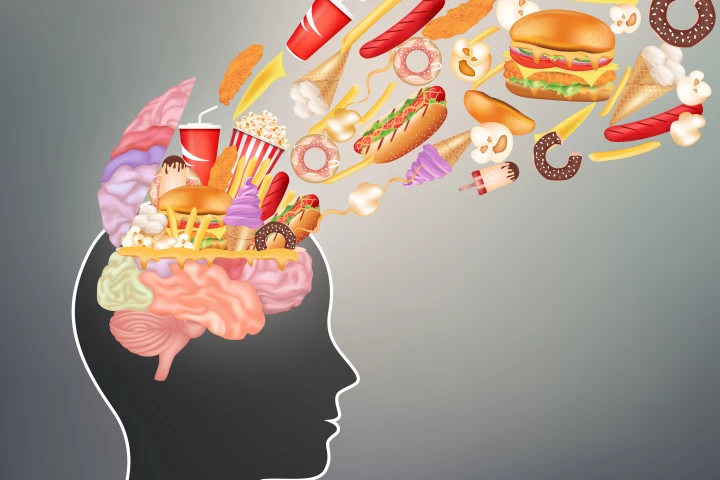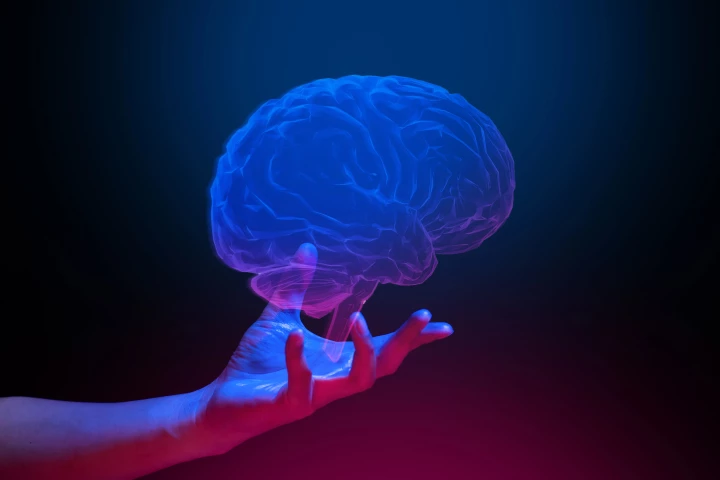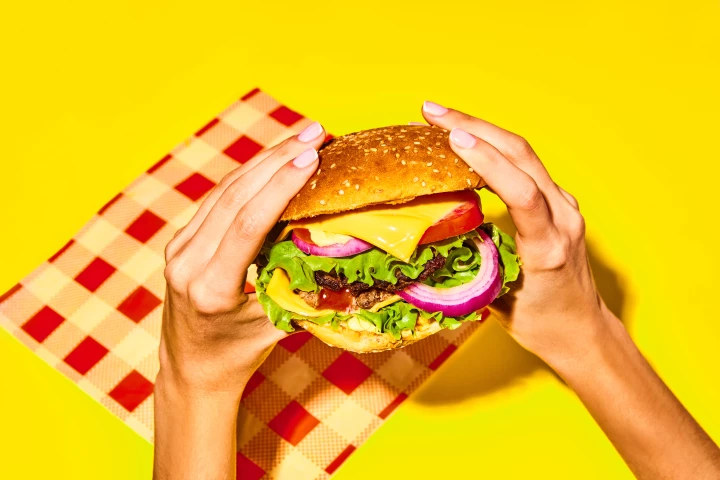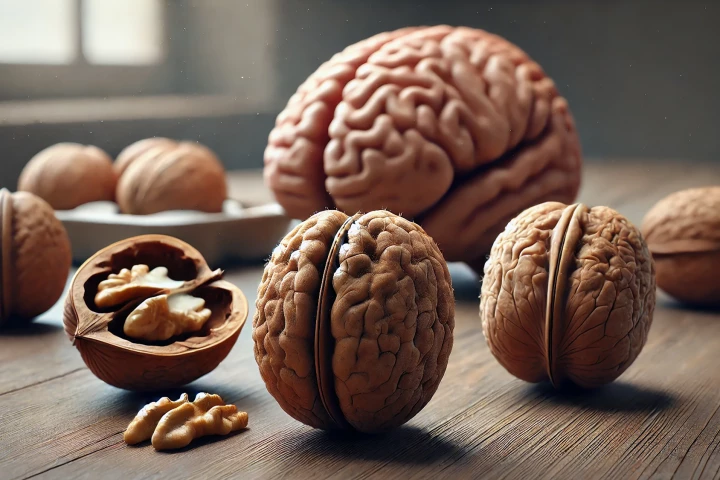Memory
-
Boosting levels of a certain molecule that declines with age restored the function of hundreds of brain genes and reversed memory loss in Alzheimer’s disease models, fixing the RNA splicing errors that drive damage to critical neurons.
-
For the first time, scientists have recorded hundreds of hippocampal cells in flying bats simultaneously to show how bats store memories not just of individual places, but as entire maps. The study could lead to cures for neurological disorders.
-
New research has found that the loss of social memory – recognizing friends and family – in Alzheimer's disease (AD) could come down to specific structures around brain cells. And targeting this delicate scaffolding may potentially prevent this heartbreaking stage in cognitive decline.
-
Soccer heading has long been suspected of impacting brain health, but where and how it leaves a mark has been a blind spot. Now, for the first time, scientists have a clear picture of the damage and why repeated impacts can impair cognition over time.
-
A weekend of burgers, fries and hot dogs will probably have you thinking more about your waistline than your brain, but a new study has found that just a few days eating high-fat foods is enough to rewire your memory hub. But the damage can be undone.
-
Just a few days after scientists announced we're at a pivotal tipping point in Alzheimer's disease research, a team has made a huge breakthrough, proving that mitochondrial dysfunction fuels memory loss. Then they engineered a way to restore it.
-
If you need an excuse to turn off the laptop over the weekend or rein in overtime, scientists have linked working extended hours to changes in parts of the brain linked to emotional regulation, working memory, attention and decision-making.
-
We all know the many health effects that a diet high in saturated fat and refined sugar has on our bodies. Now, in the first study of its kind on humans, scientists find that it may also be negatively impacting our ability to navigate and learn.
-
Why don’t we remember specific events during those crucial first few years, when our brains worked overtime to learn so much? A new Yale study finds evidence that we do form memories, but can’t retrieve them.
-
Young adults who ate a handful of walnuts with breakfast saw a long-lasting improvement in their reaction times and a boost in memory hours later, according to a new study. The findings strengthen the claim that walnuts are a brain-enhancing food.
-
What happens in your brain when you listen to your favorite music? Can hearing a nostalgic song from your youth actually improve your cognitive health and help fight off conditions like Alzheimer's? Several neuroscientists are trying to find out.
-
The largest study into the effects of cannabis on young adults' brains has found that the drug can reduce brain function during cognitive tests. The findings will help people make an informed decision about the pros and cons of using cannabis.
Load More











